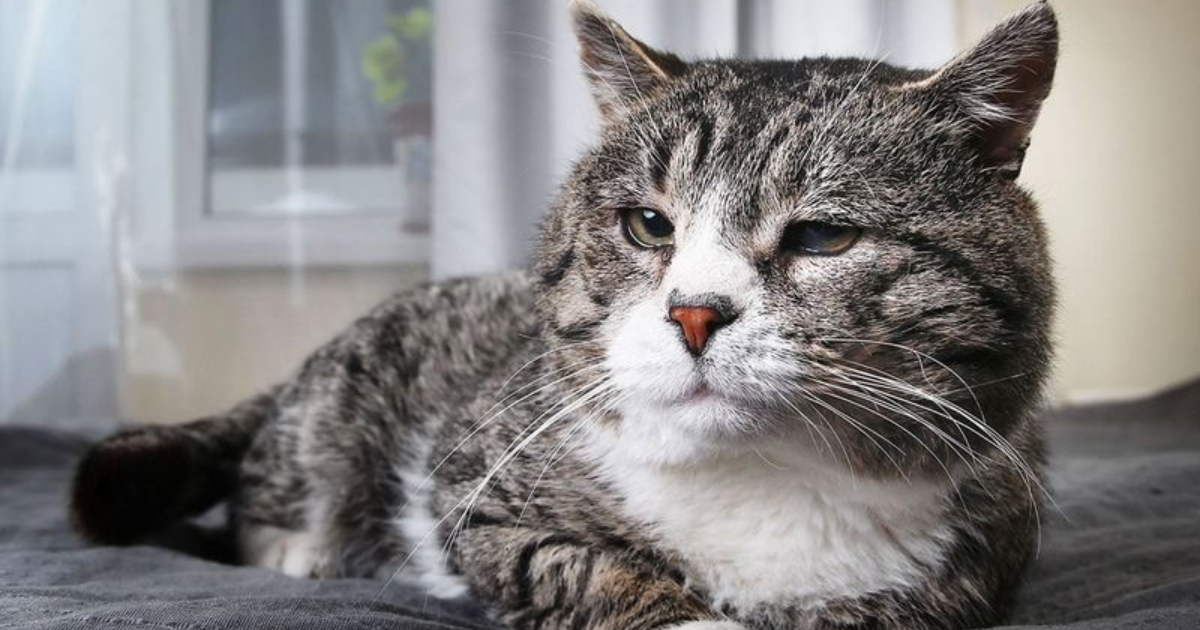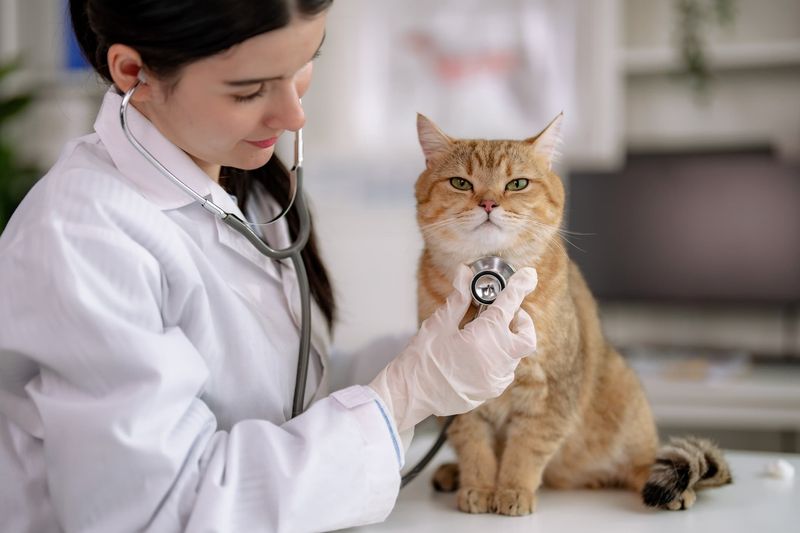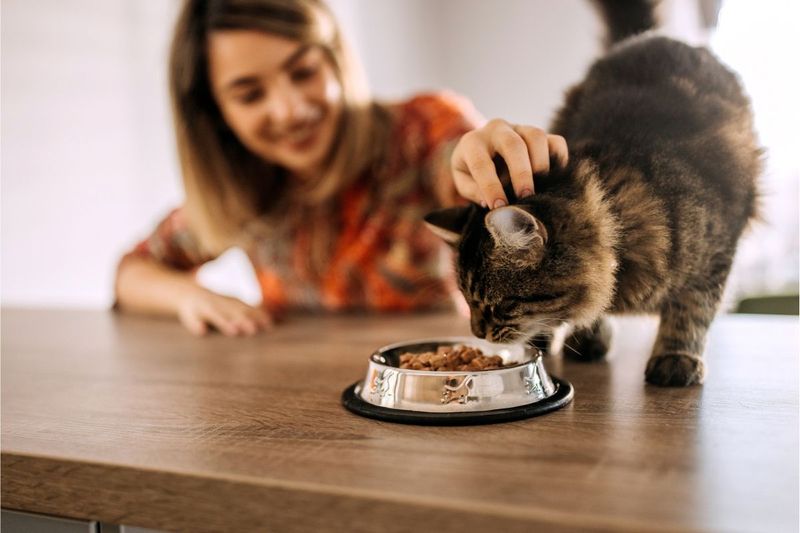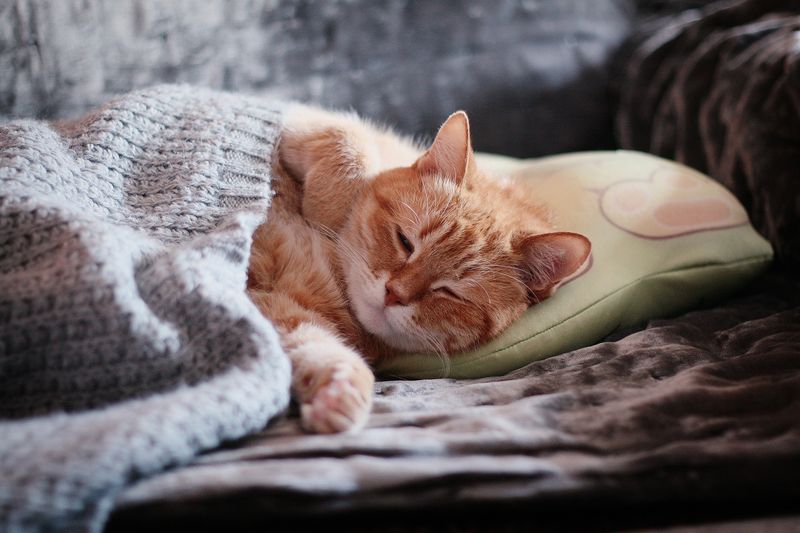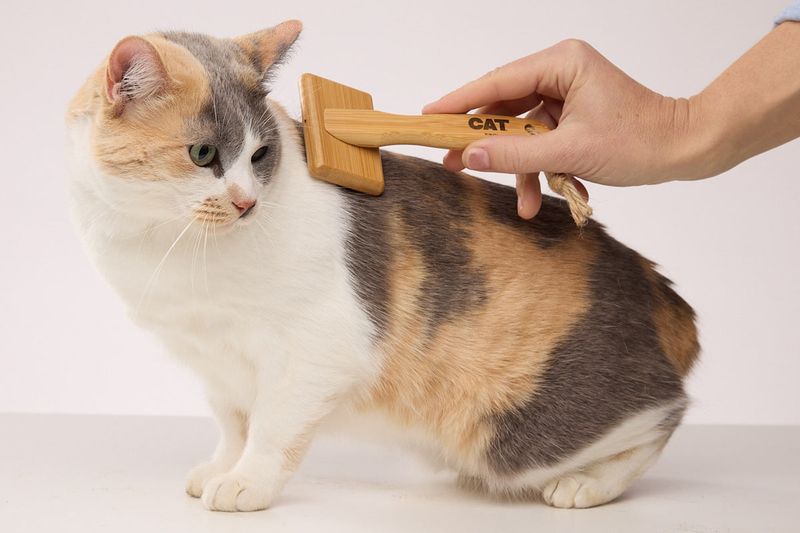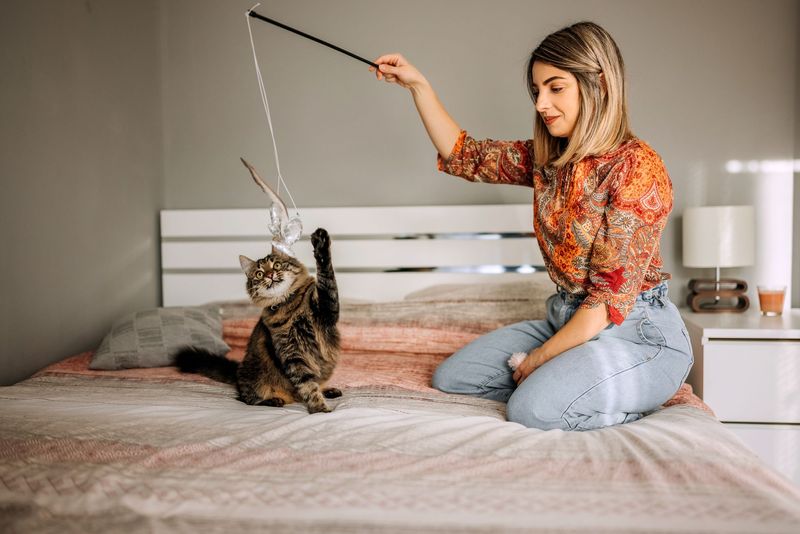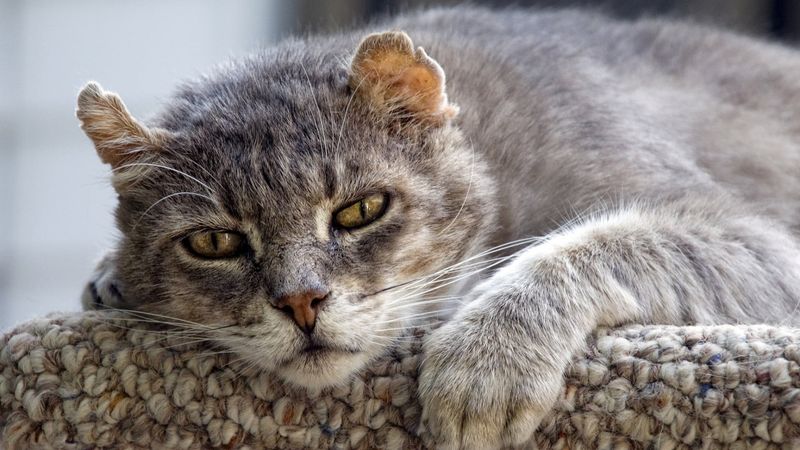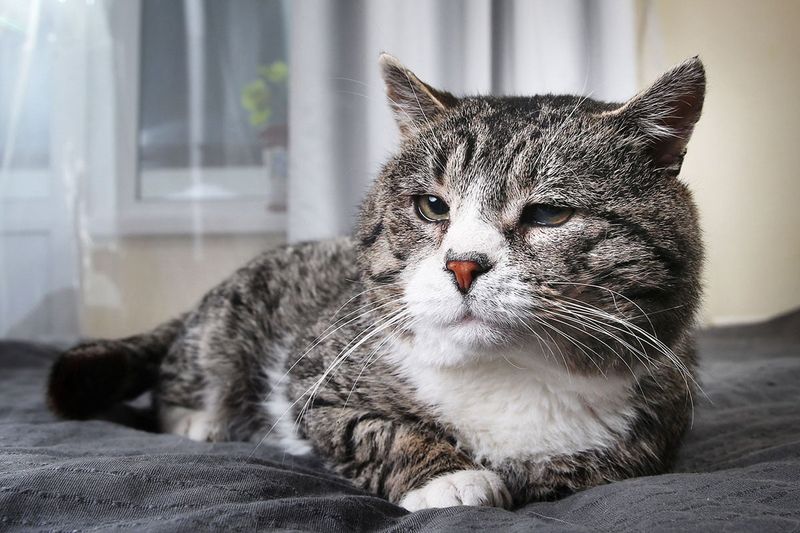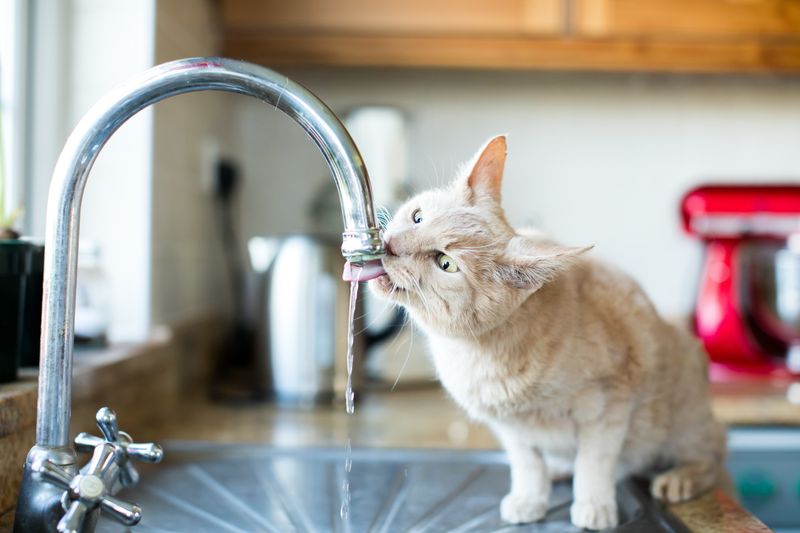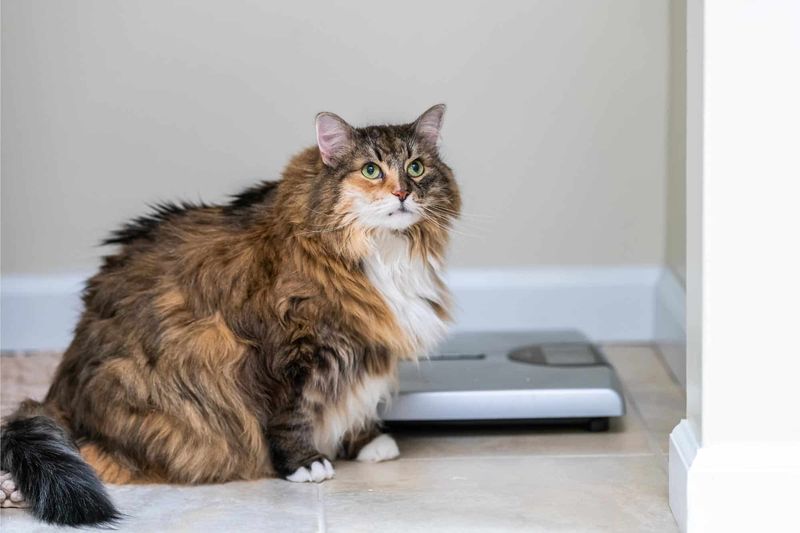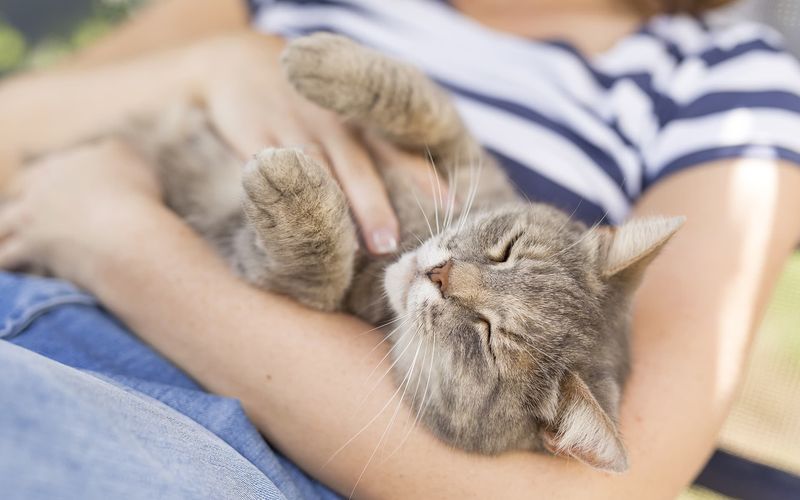📖 Table of Content:
Caring for a senior cat requires understanding their unique needs and adjusting your approach to ensure a healthy, comfortable life for your feline friend.
As cats age, they experience changes in their physical and emotional well-being, necessitating a mindful approach to their care.
In this guide, we explore ten essential things you should know about tending to an older cat, from dietary adjustments to providing a nurturing environment. By following these guidelines, you can help your senior cat enjoy their golden years to the fullest.
1. Regular Veterinary Checkups
As your cat ages, regular veterinary checkups become increasingly important. These visits allow vets to monitor health changes that may require intervention. Senior cats are more susceptible to chronic conditions like arthritis, kidney disease, and diabetes, which require early diagnosis and management.
During checkups, ensure your vet conducts blood tests, dental exams, and weight monitoring. Each of these assessments helps in identifying potential issues early on. Additionally, discuss any behavioral changes you’ve noticed, as they might indicate underlying health problems.
By committing to regular vet visits, you can catch health issues at their onset, making them easier to treat. Your vet can also offer advice on how to adjust your cat’s care routine. This proactive approach not only helps in maintaining your cat’s health but also enhances their quality of life.
2. Dietary Adjustments
Diet plays a crucial role in a senior cat’s health. As cats age, their metabolism changes, and they often require fewer calories. Selecting a diet specifically formulated for older cats helps meet their nutritional needs, supporting their overall well-being.
Senior cat foods are rich in proteins and low in fats, providing essential nutrients without unnecessary calories. Consider consulting your veterinarian about incorporating supplements that support joint health and cognitive function.
Watch your cat’s weight closely; weight gain can lead to health problems, while weight loss might indicate underlying issues. Adjust portions appropriately and offer smaller, more frequent meals if needed. Providing fresh water and encouraging hydration is equally important. A balanced diet tailored for your senior cat can significantly enhance their quality of life.
3. Comfortable Living Environment
Creating a comfortable living environment for your senior cat is essential. Older cats may have mobility issues, so it’s important to make their surroundings as accessible as possible. Ensure they have easy access to their litter box, food, and water.
Provide soft bedding in warm, quiet areas where they can rest peacefully. Older cats appreciate a stable environment with minimal stressors, so try to maintain consistency in their daily routines. Consider adding ramps or steps if they enjoy perching up high.
Your cat may also benefit from heated beds or pads, which can soothe achy joints. By making these adjustments, you contribute to your cat’s comfort and overall well-being. A cozy, supportive environment helps reduce anxiety and promotes a happy, relaxed life for your senior cat.
4. Grooming and Hygiene
Grooming is an essential part of caring for a senior cat. As cats age, they may become less efficient at grooming themselves due to stiffness or dental problems. Regular brushing helps remove loose fur, reduce shedding, and prevent matting.
Pay attention to their coat and skin; any changes might signal health issues. Keep an eye on their ears and eyes, cleaning them gently as needed. Dental care is also crucial, as older cats are prone to dental disease. Regularly brushing their teeth can prevent tartar buildup and gum disease.
Bathing is rarely necessary unless your cat gets into something messy. Always use cat-safe products and ensure they are comfortable during grooming sessions. Maintaining good hygiene helps your senior cat stay healthy and comfortable, reducing the risk of infections and other health problems.
5. Mental Stimulation and Play
Keeping your senior cat mentally stimulated is just as important as physical health. Engaging them in play can help maintain their cognitive abilities, prevent boredom, and reduce anxiety. Introduce interactive toys and games that challenge their problem-solving skills.
Though older cats may not be as energetic, they still enjoy chasing toys, laser pointers, or feather wands. Incorporate play sessions into their daily routine, even if it’s just a few minutes at a time.
Consider using puzzle feeders to make mealtime more engaging, encouraging your cat to think and move. Provide opportunities for them to explore their environment safely. Mental and physical activities contribute to a happier, healthier life, fostering a strong bond between you and your feline friend.
6. Monitoring Behavioral Changes
Paying attention to behavioral changes in your senior cat is essential. These changes can signal health issues or stress. Notice if your cat becomes more vocal, less active, or shows changes in eating or litter box habits.
Sudden aggression or withdrawal might indicate pain or discomfort. Cats are experts at hiding illness, so subtle behavioral shifts can be telling. Keep a journal of any changes and discuss them with your veterinarian during regular visits.
Be patient and gentle when addressing these changes. Providing a stable, comforting environment can help alleviate stress-related behaviors. Understanding and responding to your cat’s needs will strengthen your bond and ensure they receive the care they require.
7. Joint and Mobility Support
As cats age, they often experience joint stiffness and arthritis, affecting mobility. Supporting their joint health is crucial to maintaining their quality of life. Consider providing pet ramps or steps to help them access favorite spots without jumping.
Supplement their diet with joint-supporting nutrients like glucosamine and chondroitin. Regular, gentle exercise helps keep their joints flexible and muscles strong. Engage them in play that encourages movement without overexertion.
Ensure their sleeping areas are warm and comfortable, as warmth can ease joint discomfort. Consult with your vet about additional treatments or therapies that may benefit your cat’s mobility. By taking these steps, you help your senior cat stay active and comfortable, enhancing their overall well-being.
8. Hydration is Key
Ensuring your senior cat stays hydrated is vital for their health. Older cats are prone to kidney problems, and adequate water intake can help prevent complications. Provide fresh, clean water at all times and consider multiple water stations around the house.
Some cats prefer running water, so a pet fountain may encourage drinking. Monitor their water consumption and look for signs of dehydration, such as lethargy or dry gums.
Wet cat food can also increase fluid intake, benefiting their kidneys and overall health. Always consult your vet if you notice any changes in drinking habits. Keeping your cat well-hydrated supports their internal organs and contributes to their longevity and quality of life.
9. Weight Management
Maintaining a healthy weight is crucial for a senior cat’s well-being. Weight gain can exacerbate health issues, while weight loss might indicate underlying problems. Regularly monitor your cat’s weight and adjust their diet as needed.
Provide a balanced diet tailored for senior cats, avoiding overfeeding. Use feeding guidelines as a reference, but observe your cat’s body condition and adjust portions accordingly.
Incorporate gentle exercise to prevent obesity, using toys or short play sessions to encourage movement. Regular vet visits will help ensure your cat maintains a healthy weight and address any concerns promptly. By managing their weight, you support your cat’s overall health and reduce the risk of weight-related diseases.
10. Love and Patience
Caring for a senior cat is a rewarding experience that requires love and patience. As your cat ages, they may need more attention and understanding. Spend quality time with them, offering affection and reassurance.
Be patient with any changes in behavior or health, as these are natural aspects of aging. Providing comfort through gentle petting or simply being present can enhance their emotional well-being.
Celebrate the bond you share, cherishing the moments and memories you create together. This loving approach not only improves their quality of life but also enriches yours. By caring with love and patience, you ensure your senior cat feels valued and cherished throughout their golden years.
